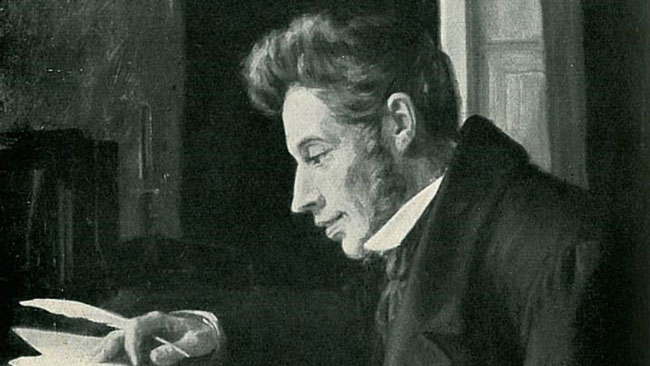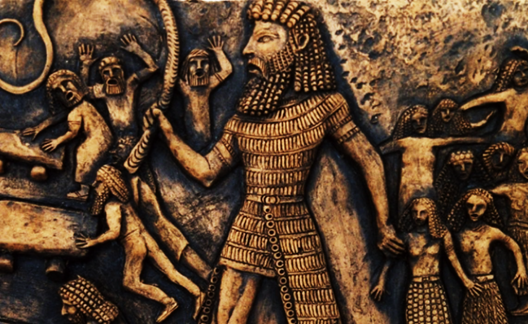At My Barber Shop
In my first essay about a funny thing happened at my doctor’s office, I mentioned to the doctor’s assistant, Naomi, that while she was taking my blood pressure, Dr. Marchand, my cardiologist years ago, wanted to know how much I exercised daily. In a failed attempt to impress him, I told him I exercise twenty minutes daily. At the end of my exercise, I took 220, subtracted my age, and multiplied it by 80%. Then, I stated that my beats per minute (bpm) were in a good range.
Dr. Marchand said that wasn’t necessary unless I wanted to become a world-class marathon runner. So, I stopped recording my bpm and hadn’t recorded that number for nearly two decades. The following morning, after working out, I calculated my bpm after thirty minutes, which was 111. When I looked for that number based on my age, the oldest number was for someone who was seventy, and I am 81.
While chatting with Naomi, I also mentioned writing an article about Juneteenth. That was a much longer discussion about racism in America.
That is the backstory. This morning, I exercised, fed Ginger, and took her for a walk. Then I went to my barber shop for a haircut. Four barbers were working this morning: two white guys, one black guy, and a white gal. While I was waiting, a young white boy, probably in sixth grade, was waiting for his father to get his hair cut. He was talking to the black barber about books that he was reading.
The barber praised the young boy's desire to read and encouraged him to write. Two minutes of praising the young student fascinated me on several levels. Initially, the boy was just excited about books. He would have talked to a stranger at a grocery store about the books that he was reading. At another level, the youngster was chatting with a black barber, seemingly oblivious to the issue of racism in America.
Additionally, the discussion about literature and writing was on Juneteenth. I wonder what the barber was thinking about his interest in the young boy’s excitement about reading. Neither of the two cared about their racial differences. The black barber was genuinely interested in helping the young white kid. I bet neither the barber nor the boy acknowledged they were of two different races.
However, many whites have a great deal of animus against blacks. Juneteenth, to whites, rattles them. That celebration of black freedom from white supremacists doesn’t sit well. Two weeks from now, on July 4th, both the barber and the youngster will celebrate Independence Day. As the youngster reads more in the years to come, he will grasp what Juneteenth is about. Perhaps both the barber and the boy will be able to celebrate the true independence of all Americans.
Amid the dialogue between the two, it was my time to get my hair cut. And there I sat pondering about wishing the world, and especially America, could address and begin to resolve issues of racism, sexism, homophobia, and xenophobia.
In his Last Lecture, Randy Pausch said, “We cannot change the cards we are dealt, just how we play the hand.” Pausch’s comment is a Kierkegaardian either/or situation. Kierkegaard is considered the father of existentialism. He said of his life, “The thing is to find a truth which is true for me, to find the idea for which I can live and die.… What is truth but to live for an idea?” He presented his philosophical ideas and concerns in his writings, hoping others would parallel his mindset.

Either we will go with the flow and accomplish nothing to make the world better, or we will address issues that are deadly to people. Racism, sexism, homophobia, and xenophobia kill people physically, along with harming them psychologically. Therefore, if you aren’t directly involved in addressing one or more of these vexing issues, then their blood or emotional suffering is on your hands. How’s that as a straightforward comment?
We need to get honest with ourselves. Men decide about the reproductive rights of women. Men are inherently superior to women. Therefore, men run the show. This holier-than-thou mindset of many men relates to abortions and birth control. Birth control pills will reduce the number of abortions. That’s a no-brainer.
It gets worse. Alabama Supreme Court ruled against the process of in vitro fertilization (IVF). Couples who wish to have children but can’t often use IVF. The process involves fertilizing an egg with sperm and in vitro, which means in glass. If that is successful, the fertilized egg is moved to a woman’s uterus. The court ruled it wasn’t constitutional because if the fertilized egg successfully develops in the woman’s uterus, the extra fertilized eggs aren’t needed or saved. The court determined that the extra fertilized eggs are considered children.
Beyond the IVF issue, women were not allowed to vote in a national election until 1920. That was a half-century after black males could vote. Women represent over 50% of the population, but in the House of Representatives, there are 29% women and 25% in the Senate 25%. In the Fortune 500, 10% of the CEOs are women, and only two are black CEOs.
Mistreatment of white males toward non-white males or women in general is tragic. However, unless we address these issues, we ignore the Kierkegaardian either/or situation. We will merely continue to ignore what we are doing to people. Enter the frog.
Kierkegaard says that we face an either/or situation. Either we address our mistakes, or we will continue to harm more than frogs.
This video is about the actual IVF process.














